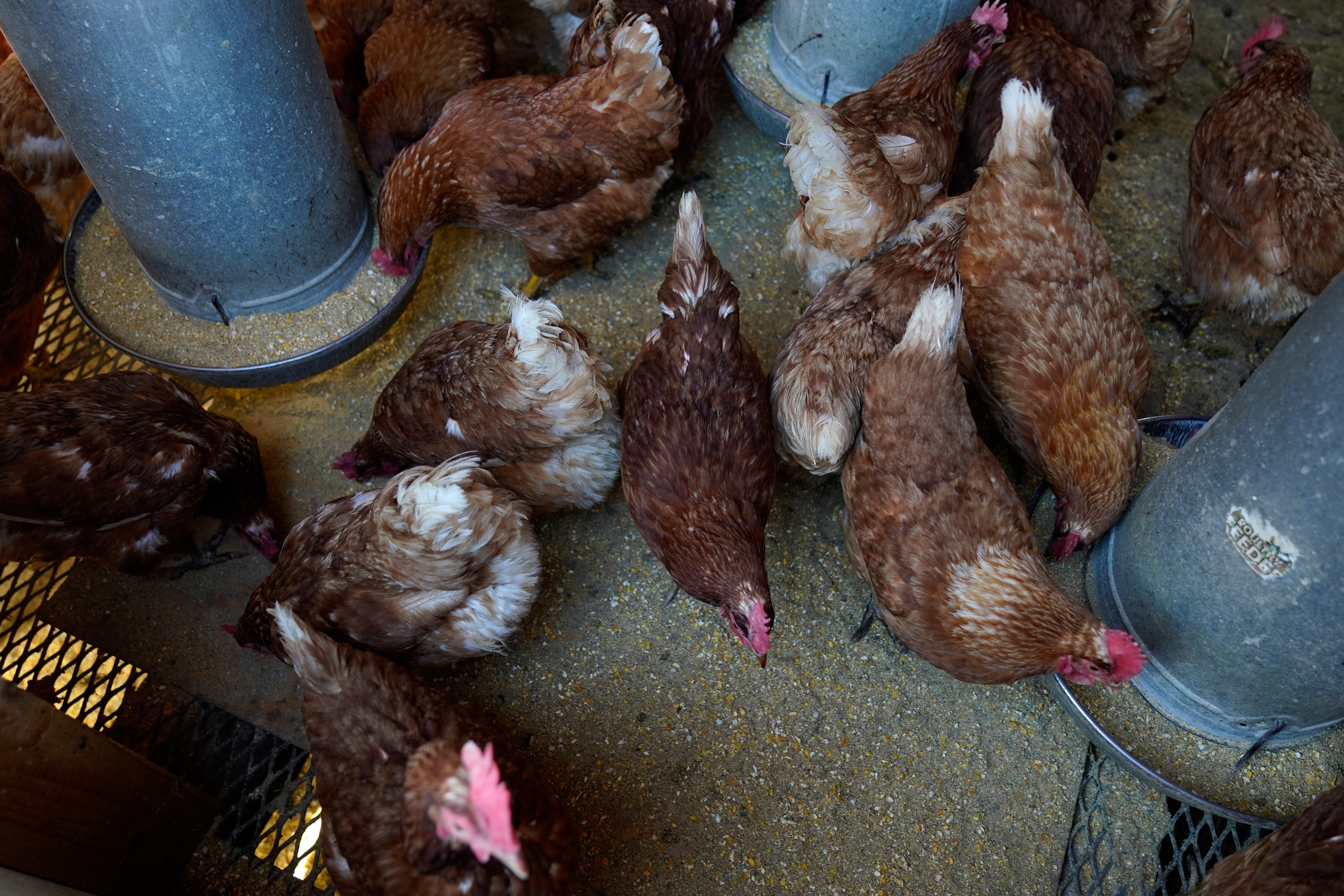Bird flu: How the UK health authorities are working to prevent a pandemic
Scientists investigating despite low chance of spread among humans

The UK Health Security Agency has shared details of its plan to act in the event that bird flu became a Covid-style pandemic.
While there is no evidence H5N1 virus is an imminent threat or can spread between people, the experts have shared their plan to “prepare for the worst”.
The virus has only been found to spread to humans if they come into contact with sick birds but protections are stepping up after an 11-year-old girl died from H5N1 in Cambodia - with her father also testing positive.
Although humans rarely transmit bird flu, there has been a marked increase of birds dying since 2021 with millions being culled while in the UK mammals including foxes have been infected.
Dr Meera Chand, from the agency, said H5N1 could not currently spread easily to people but “viruses constantly evolve and we remain vigilant for any evidence of changing risk”.
She said the agency is modelling how many might become sick, what tests might be helpful, what mutations could occur, and how a vaccine might be developed.
The World Health Organisation is urging caution after the Cambodia incident and said its labs are already holding two bird flu strains that could be used for research purposes.
In the past 20 years, the organisation has recorded 868 cases in humans, of which 457 were fatal. But scientists want to see better surveillance and caution to minimise the risk potential threats could cause to humans in years to come.
Professor Peter Openshaw, from Imperial College London and a government advisor on new viruses, told the BBC on Friday: “We absolutely need to watch this one.
“The good news at the moment is that there's no evidence of human-to-human spread.
“We need to prepare for the worst but obviously hope for the best, to use the old phrase.”
Subscribe to Independent Premium to bookmark this article
Want to bookmark your favourite articles and stories to read or reference later? Start your Independent Premium subscription today.

Join our commenting forum
Join thought-provoking conversations, follow other Independent readers and see their replies